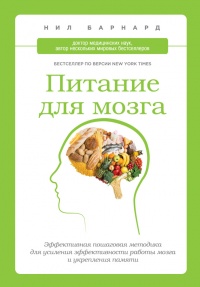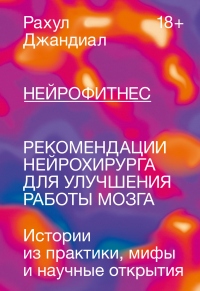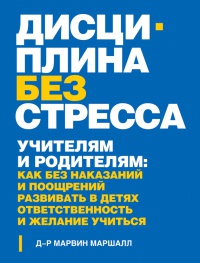Книга «Гимнастика мозга». Книга для учителей и родителей - Пол Е. Деннисон
На нашем литературном портале можно бесплатно читать книгу «Гимнастика мозга». Книга для учителей и родителей - Пол Е. Деннисон полная версия. Жанр: Домашняя / Разная литература. Онлайн библиотека дает возможность прочитать весь текст произведения на мобильном телефоне или десктопе даже без регистрации и СМС подтверждения на нашем сайте онлайн книг knizki.com.
Шрифт:
-
+
Интервал:
-
+
Закладка:
Сделать
Перейти на страницу:
Перейти на страницу:
Внимание!
Сайт сохраняет куки вашего браузера. Вы сможете в любой момент сделать закладку и продолжить прочтение книги ««Гимнастика мозга». Книга для учителей и родителей - Пол Е. Деннисон», после закрытия браузера.
Книги схожие с книгой ««Гимнастика мозга». Книга для учителей и родителей - Пол Е. Деннисон» от автора - Пол Е. Деннисон:
Комментарии и отзывы (0) к книге "«Гимнастика мозга». Книга для учителей и родителей - Пол Е. Деннисон"
























